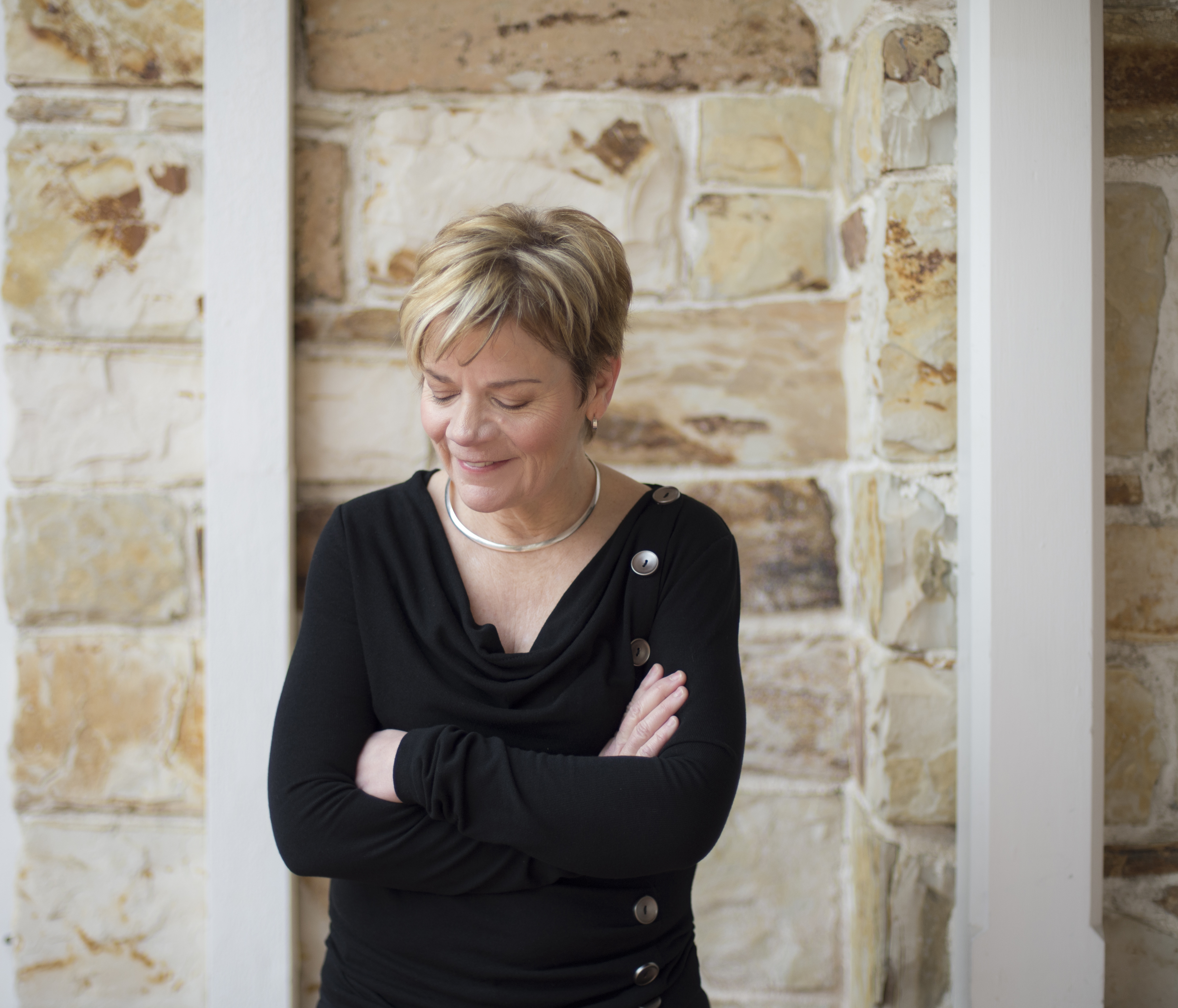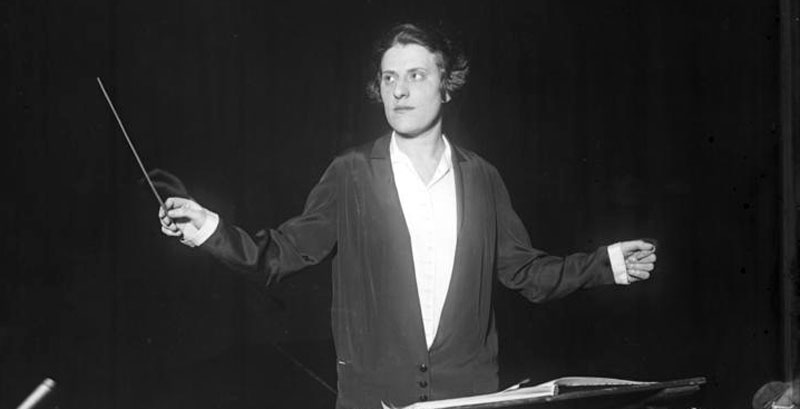- Portrait

Under the title “Paradise lost?”, the 2025 Biennale of the Berliner Philharmoniker takes as its starting point the beauty of nature and the threats to which it is exposed. Four depictions of nature from four different continents will be presented by Marin Alsop, a pioneering figure among female conductors, who is making her debut with the orchestra.
“She’s fabulous, she is simply wonderful,” said Leonard Bernstein of Marin Alsop, who is herself a huge admirer of Bernstein: “He was first my idol,” she recalls, “and then the reason I became a conductor. When he finally became my teacher, it was as if I was entering Paradise.” Had the legendary conductor seen the future? Marin Alsop was born in New York in 1956, attending Yale University and the Juilliard School of Music before being mentored by Bernstein and Seiji Ozawa. What followed was a dream career. The first woman to conduct one of the major symphony orchestras in the United States, she was also the first woman to be principal conductor of the ORF Radio Symphony Orchestra in Vienna and the first woman to conduct the Last Night of the Proms in 2013, when she earned a place for herself in the Guinness Book of Records.
Clear, precise and without frills
Until now one particular name has been missing from the long list of international orchestras that Marin Alsop had conducted: that of the Berliner Philharmoniker. It will not be long, however, before this gap, too, is filled; she will make her debut with the Berliners in February 2025. In her interview, she speaks of the special aura and mystique associated with the Berliner Philharmoniker.
Her manner of speaking matches her approach to conducting: clear, precise and without frills. There is no showmanship, and there are no theatrical gestures designed to create an illusion of expressivity. Everything she does comes from the music. “You have to be so passionately interested in the music that you almost lose yourself in it,” she says.
“Glimpses of nature from many different angles”
For her debut with the Berliner Philharmoniker, Marin Alsop has put together a programme that reflects both her love of a varied repertory and her sense of taut dramaturgy. The works allow us glimpses of nature from many different angles. As a form of tribute to her North American homeland, she has chosen Aaron Copland’s Appalachian Spring, a work which for her is “the very embodiment of American nature and American folklore”. For seven years, Alsop was also the principal conductor of the São Paulo Symphony Orchestra; she regards Brazil as her second home, and reflects this through a piece by Heitor Villa-Lobos, who likewise had “very close links with nature”.
Fire Music is by Brett Dean, who was himself a member of the Berliner Philharmoniker until 1999. It relates to the devastating bushfires that ravaged Australia in 2009. “But it is also about fire as a source of renewal,” says Alsop, explaining the manifold relationships and associations contained in a programme completed by the world premiere of a piece, Day Night Day, by the Finnish composer Outi Tarkiainen, whose music is inspired by Lapland, where she was born.
Music as a way of opening doors
“I have been privileged to see many incredible places in this world, including the Serengeti, the Galapagos Islands and the Brazilian Amazon,” says Marin Alsop, explaining her associations with the natural environment. But the thought of the future concerns her: “Whenever I look at humankind’s arrogant treatment of this planet, I feel only a sense of fear that we’ve passed the turning-point if we were to preserve everything that we could.” Her electric car does little to assuage her conscience, “because,” she says, “we conductors spend so much of our lives sitting in aeroplanes”. She asks herself with increasing urgency: “Is what we’re doing enough?”
She continues: “Perhaps concerts and festivals like this one can at least spark a debate on the subject. I’m not so naive as to think that music can solve the world’s problems, but it is a wonderful way of occasionally opening emotional doors and making things possible that are hard to achieve merely through discussion and through language.”

Biennale: “Paradise Lost?”
In February 2025, the Berliner Philharmoniker’s Biennale will focus on the threat to nature. A festival with concerts, guests from the world of science and much more.

From Mary Wurm to Susanna Mälkki
Female Conductors and the Berliner Philharmoniker

“It’s never enough, it can never be too much”
The conductor and harpsichordist Emmanuelle Haïm is one of the leading protagonists of early music. Portrait of a baroque icon.